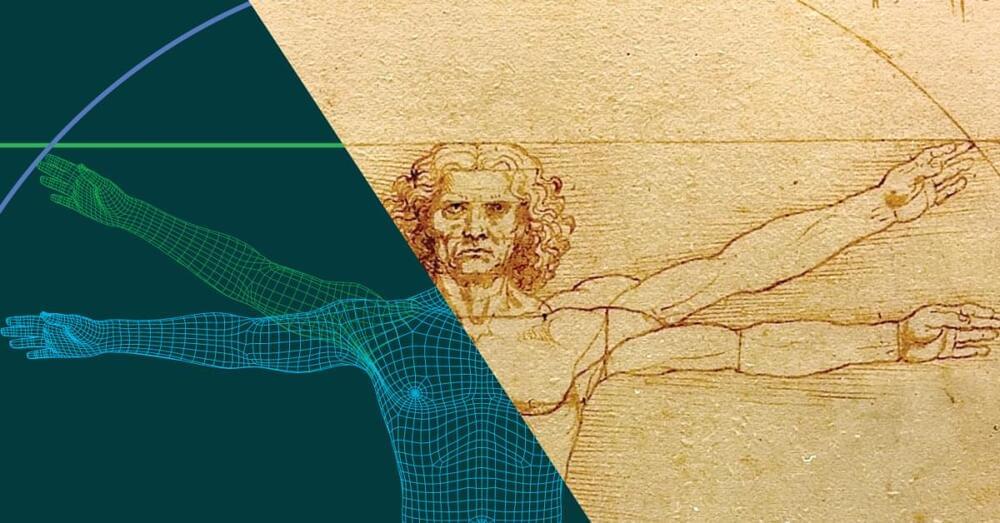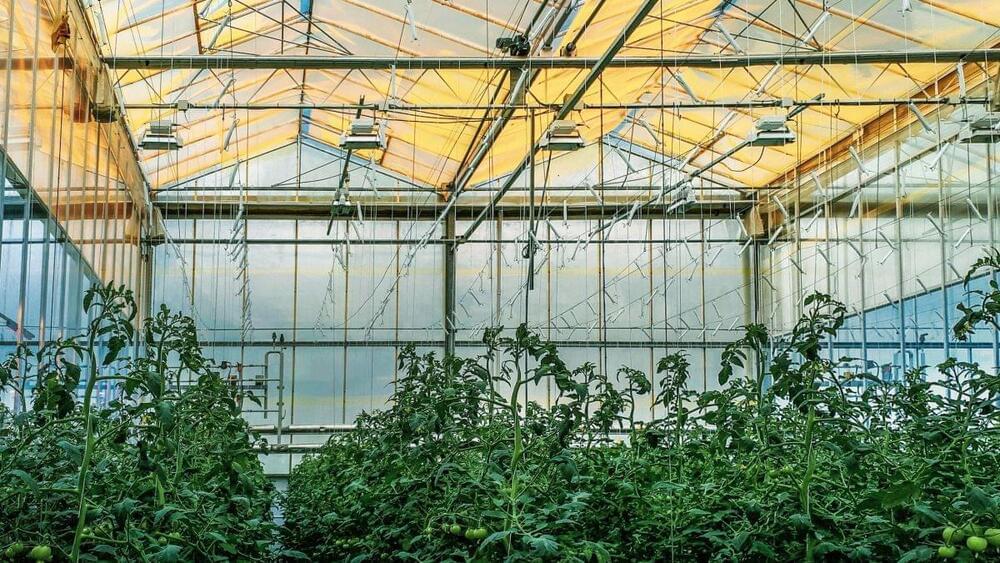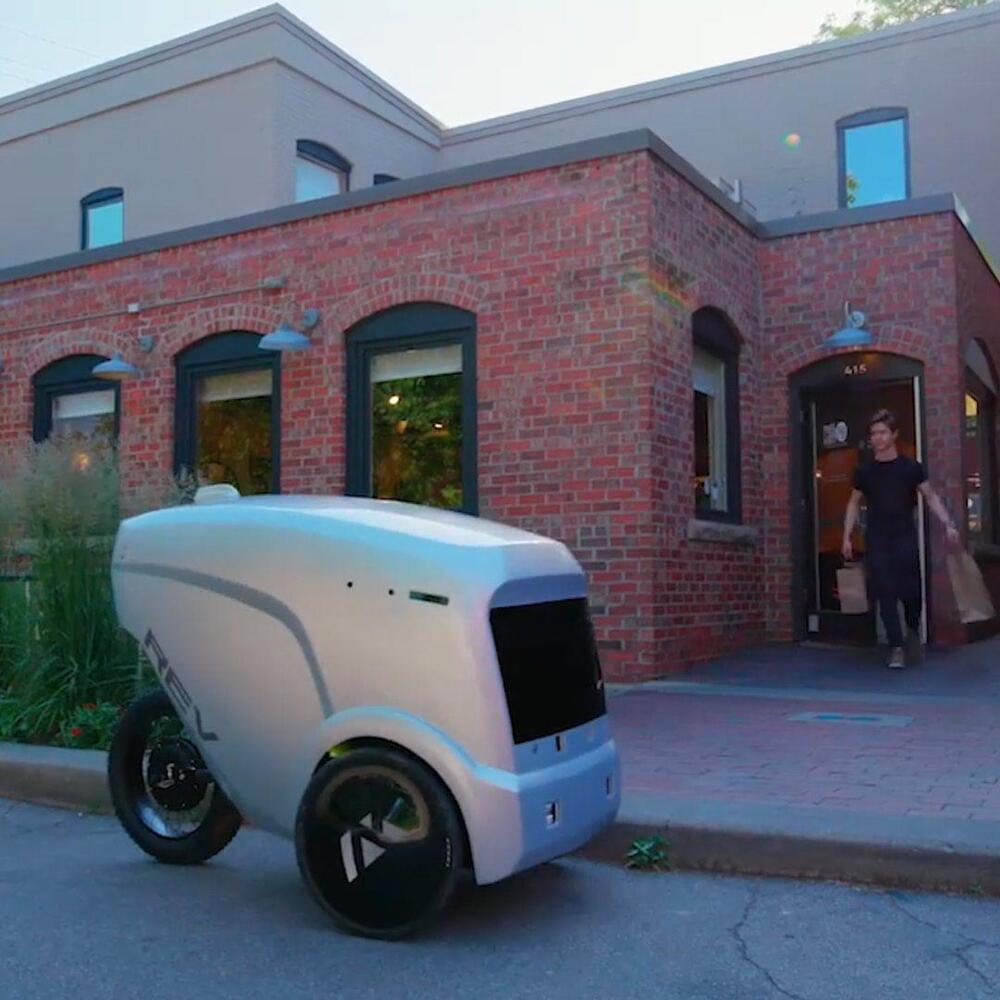In addition to being a simple power source built from readily available parts and materials, the system runs day and night (in contrast with solar power). The algae, the team thinks, overproduces food during the day, so it continues to happily munch away, and produce electricity, through the night. Although the paper addresses their findings from just that first six-month period, their algae-powered-computer has now been running continuously for a year (and counting).
It’s a pretty nifty trick, but some scaling is probably in order. The system produces a tiny amount of current. The chip, an Arm Cortex M0+ commonly used in Internet of Things applications, sips just 0.3 microwatts an hour to perform very basic calculations. As The Verge notes, if your average laptop uses around 100 watts an hour, you’d need millions of these algae energy harvesters just to check your email or zone out in a Zoom meeting.
But the researchers aren’t targeting laptops. Rather, they believe future iterations would find a niche application powering the billions or trillions of simple sensors and chips making up the Internet of Things. These might take measurements of local conditions in remote locations, for example, or they might be able to charge a small device.









